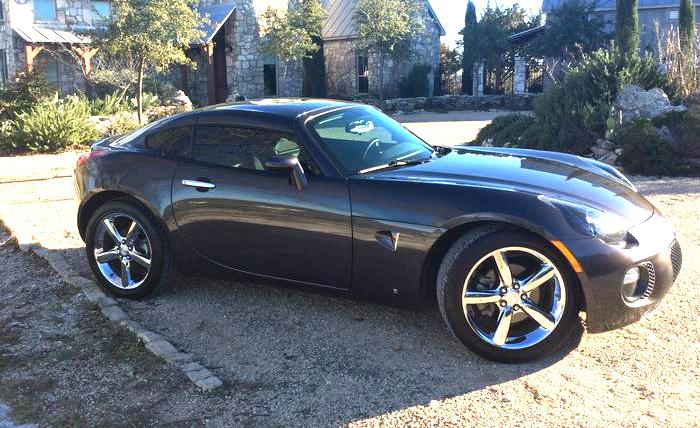
Owners of 2010-2011 Chevrolet Camaro cars have filed a lawsuit against General Motors alleging airbag defects cause the "Service Airbag" lights to illuminate due to a loss of the passenger airbag systems.
The proposed Camaro class-action lawsuit was filed by plaintiffs Philip Bryde, Jennifer Waters and Alvin Northington concerning owners and lessees of 2010 through 2011 Chevrolet Camaro cars in the U.S.
Plaintiff Philip Bryde says he purchased a new 2010 Chevrolet Camaro and in 2014 the car’s front passenger airbag light began to malfunction which caused a trip to a dealer in August 2014.
The lawsuit alleges the dealer found a history code for the passenger airbag sensor and the code was cleared but no repairs were performed. However, the airbag problem recurred and the airbag sensor was replaced for $699.56, paid by Mr. Bryde.
Plaintiff Jennifer Waters says she purchased a new 2010 Chevrolet Camaro and in May 2014, the front passenger airbag light began to malfunction and Waters learned the airbag sensor needed to be replaced for at least $500. The plaintiff claims she declined the repair.
Then in February 2016, the Camaro was brought to a dealership and Waters was again told it could be repaired at a considerable cost, so the plaintiff again declined the repairs but lost $115 for out-of-pocket for the airbag light diagnosis.
The plaintiffs say owners of the 2010-2011 Camaro cars experience airbag warning lights turning on and off when a passenger is in the seat, something that could cause the airbag to fail in a crash. Other owners watch as the "Service Airbag" light illuminates and stays on, causing the passenger airbag sensor to be replaced.
The problems can occur at any time at any speed while driving, leaving an occupant unprotected in a crash.
According to the lawsuit, General Motors knows about the alleged defects not only based on internal testing, but based on complaints submitted by owners of the 2010-2011 Camaros. Owners of the cars have complained to the National Highway Traffic Safety Administration and to CarComplaints.com about the alleged airbag light problems.
"At around 29,000 miles, the airbag light came on intermittently. Took it in, they "fixed" it and for the next four months it was fine. My warranty expired at 30,000 miles or 3 years. At 36,000 miles and 3 1/2 years the problem is back, only this time, the light stays on." - 2011 Chevrolet Camaro owner / Midlothian, Texas
Separately, the owner of a 2010 Chevy Camaro says their airbag light is still on after being told repairs would cost up to $1,500.
"'Service Airbag Light' came on while cruising at highway speeds for no apparent reason. Is still on and I was told it would cost somewhere between $750.00 to $1500.00 to fix. Warranty is up due to age, not mileage, but Chevrolet doesn't even care." - 2010 Chevrolet Camaro owner / Millville, Massachusetts
The plaintiffs say many consumers experience airbag failures but are unaware because they don't notice the warning lights. Once an owner does notice the light and wants it fixed, they are looking at hundreds if not thousands of dollars to cover the repairs.
The Camaro airbag lawsuit alleges that beginning in 2010, GM issued airbag system technical service bulletins to dealerships, but didn't recall the cars. According to the plaintiffs, GM concealed the alleged airbag defects to keep consumers buying the cars, something the plaintiffs would not have done if they would have known about the airbag problems.
The plaintiffs claim GM has caused 2010-2011 Camaro owners to waste money at dealerships or other repair facilities to pay for airbag defects that should have caused the cars to be recalled. In addition, the lawsuit alleges Camaro owners haven't been offered suitable replacement parts for the airbag problems and GM hasn't offered to reimburse owners for expenses incurred.
The 2010-2011 Chevy Camaro "service airbag" light lawsuit was filed in the U.S. District Court Northern District of California - Philip Bryde, Jennifer Waters and Alvin Northington, et al v. General Motors, LLC.
The plaintiffs are represented by Glancy Prongay & Murray LLP.
CarComplaints.com has complaints about the 2010 Chevrolet Camaro, 2011 Chevrolet Camaro and other model years of Chevy Camaros.


























